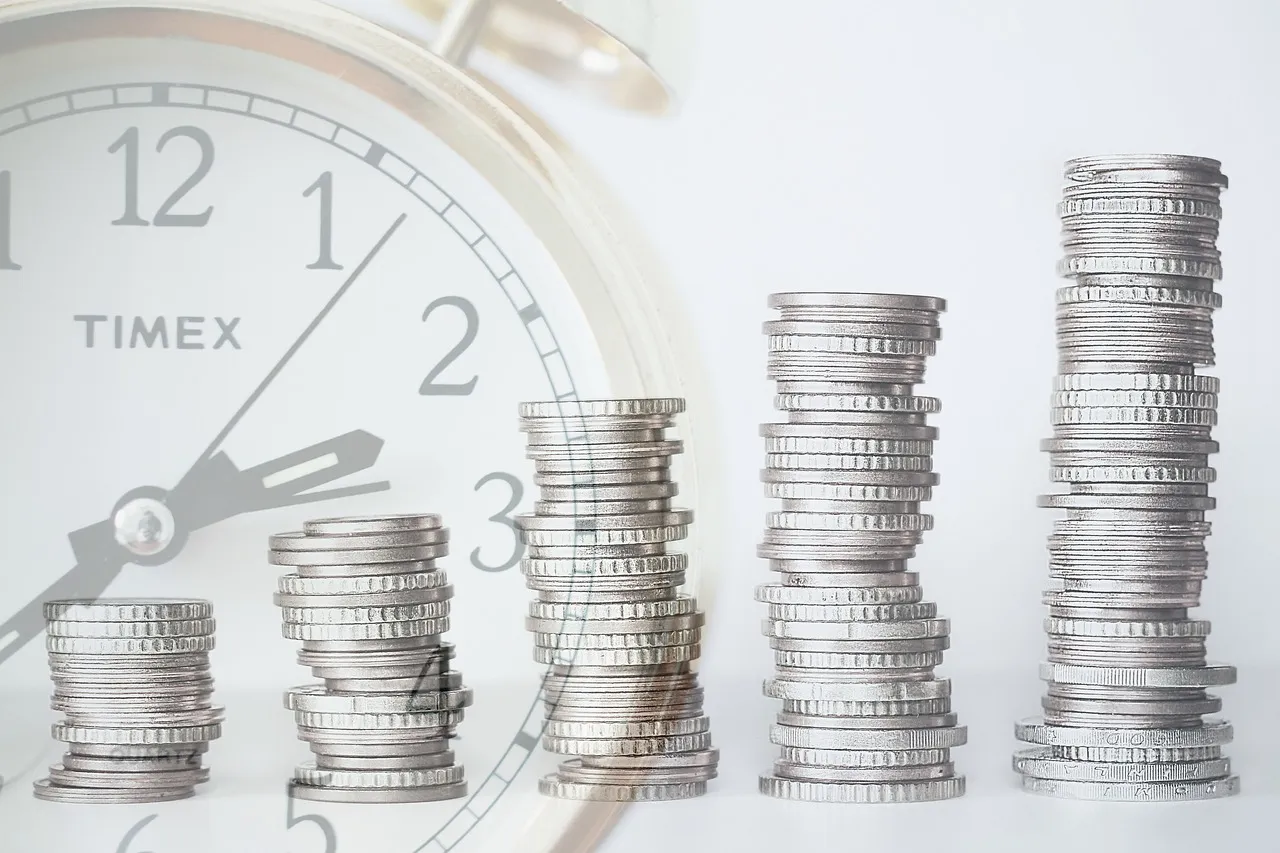I love HBD almost as much as I love HIVE, but after seeing many posts over time that would consider HBD a potential retirement plan, I wanted to look at this perspective with as little bias as possible.
Retirement is a very long-term plan if we ignore the possibility of an unfortunate accident or other similar circumstances.
It has the preparation component, which happens while you are still younger, more active, and generally more productive. During that period, you accumulate what is needed toward your retirement plan, so you won't be forced to work for basic necessities when you are older.
And then comes the passive component, when you generally just draw from what has been accumulated over time.
In France, there are protests about increasing the retirement age from 65 to 67 years old. Increased retirement age is coming worldwide, and it's a process that has a low chance of being turned back.
That doesn't mean that we need to respect that retirement age, whatever it may be when we get closer. If we have a good plan, we can retire at the age we choose. The state doesn't really control our retirement age if we don't rely on the benefits we receive after that age limit is reached.
But I digress. So, can we rely on HBD as our retirement plan?
As I said above, that's a very long-term plan. Depending on our age and the age when we want to retire, plus the number of years when the retirement funds need to be able to sustain us for the rest of our lives, that's a plan for at least a couple of decades.
Crypto as a whole is a little above a decade old. Hive, when counting the legacy chain too, doesn't have a decade yet, despite being one of the relatively older chains (that are not forks of bitcoin).
Crypto is also moving at lightning speed. That may or may not be the same 10 years from now, but it is now. We have limited foresight about what will the crypto world look like 5 years from now, let alone in 30-40-50 years.
The predecessor of HBD, SBD was/is regarded as a failed token, as a stablecoin, with ample variations from the peg, sometimes lasting for weeks, if not months.
A couple of upgrades and a stabilizing bot later, HBD is viewed much better.
It has a 20% APR in savings, which is a very attractive yield for a stable-ish coin. It also has good failsafe mechanisms.
Here's where the questions begin, from a retirement plan point of view.
HBD has had a 20% APR for less than a year. That's an insignificant period compared to the time a retirement plan is made for.
The APR isn't fixed, it's variable and can be changed without any warning. It will most likely be lowered significantly if the debt ratio (HBD market cap divided by HIVE market cap) starts raising warning flags.
Even more, based on current rules, if the debt ratio reaches 30% then HBD will not be printed anymore until it goes below that level again. That means no interest on HBD in savings and no HBD as rewards for posts and I believe no HBD for DHF either. The debt ratio is currently at 5.83%, so there is still a long way to go until 30%.
But long term, a lot can happen.
I don't know what will happen to Hive in 30+ years, but the landscape will be completely different. If it lasts 30 years, I imagine it will be into the tens if not hundreds of millions of human users by then. Very few people you know now will still be then involved in Hive in one way or another. That includes your friends, developers, maybe applications, and also witnesses, who are responsible for setting the interest rate for HBD in savings, among other things.
Priorities in the ecosystem and at the core level will most likely be different then than they are now.
Crypto, in general, is very young, volatile, and immature right now to be someone's full retirement plan, which needs to act as a safety net. Part of the plan, probably a growing one as crypto matures, yep, for sure, but for now, I consider it a great growth plan, but not a reliable retirement plan.
For now, the biggest use cases I see for HBD are:
- fallback during bear markets
- 20% APR on savings, which is great for people who think in dollars and don't like volatility
- using it directly for purchases, especially in unbanked countries or countries which have big issues with their national currency (I wish that to extend to the rest of the world, but adoption will be slow)

